Reflections on the Cell Phone Policy
When it comes to technology, I’m neither phile nor phobe. Cell phones have their place: after all, without them, some remote rural farmers in impoverished countries would be unable to maintain bank accounts. But as a writer, I’ve reached a point in my life where to do my best work I want less digital access not more. Some measure of disconnection is, for me, a prerequisite for reconnecting with those inner spaces (no, not MySpace) from which creativity flows.
Microsoft executive Linda Stone has described us as living in an age of “continuous partial attention.” I’ve come to dislike and mistrust this relentlessly scattered condition. If too many windows of my being are simultaneously open, I can feel my creative system slow down and eventually crash.
I see the Blue Mountain Center as a sanctuary for presence. Blue Mountain simplifies our forms of attention, encouraging us to be alive to the natural plenitude of the Adirondacks, to the flows of conversation among the artists seated beside us, and to the deeper currents of our imaginings. The colony offers us a reprieve from the decentering cornucopia of choices that is both the seductive promise and the curse of our digital age.
At Blue Mountain, the thrumming of a pileated woodpecker and the sound of water lapping against the dock replace the white noise of information overload. If you’re listening simultaneously for the loons to call and for your cell phone ringer, your listening is compromised, as is your availability to the serendipities of the imagination.
John Keats once observed that a poet needs to enter into a state of “diligent indolence”--a state of active openness to creativity that, from the outside, can look like idleness. Our age of overcommunication encourages us to do the opposite: to give the appearance of being incessantly busy. We live a world of false urgency, where speed becomes its own justification. Under the banner of being important, being desired, and being efficient, we can multitask ourselves to smithereens.
I’m reminded here of the Buddha’s response on being told that a sprinter had shaved 0.1 seconds off the 100 meter record. “What,” the Buddha inquired, “did he do with the time he saved?”
Digital technologies can save time, but Blue Mountain is one of those rare places that encourages us to pause and ask: what is the cost of all this “saving,” all this dispersing, warp-speed convenience?
Blue Mountain is blessed with natural splendor. But I’ve also come to think of it as a place of luxurious inconvenience, a place where I check email once a week at most and revert to a landline phone if I really need to make a call. Blue Mountain gives artists and activists the chance to slip the digital leash and wander into places of spiritual and imaginative recovery. This wandering—through the woods, across the lake, and down the byways of our thoughts—is pivotal to Blue Mountain’s culture of immersion.
Fifteen years ago, I attended a colony where, each evening, artists would gather round the fireplace in the great room and talk. The talk was deep, wide-ranging, often provocative in satisfying ways. I recently revisited that colony and found people still gathering round the fireplace in the evening, but they were now all facing their laptops as they went collectively online, some of them simultaneously talking into their cell phones. Conversation was incidental, distracted, and revolved largely around commentary on emails received: “Guess what my agent/dealer/producer said?”
Blue Mountain, miraculously, has kept that cultural shift at bay. Whatever it takes, let’s keep it that way.
— Rob Nixon
